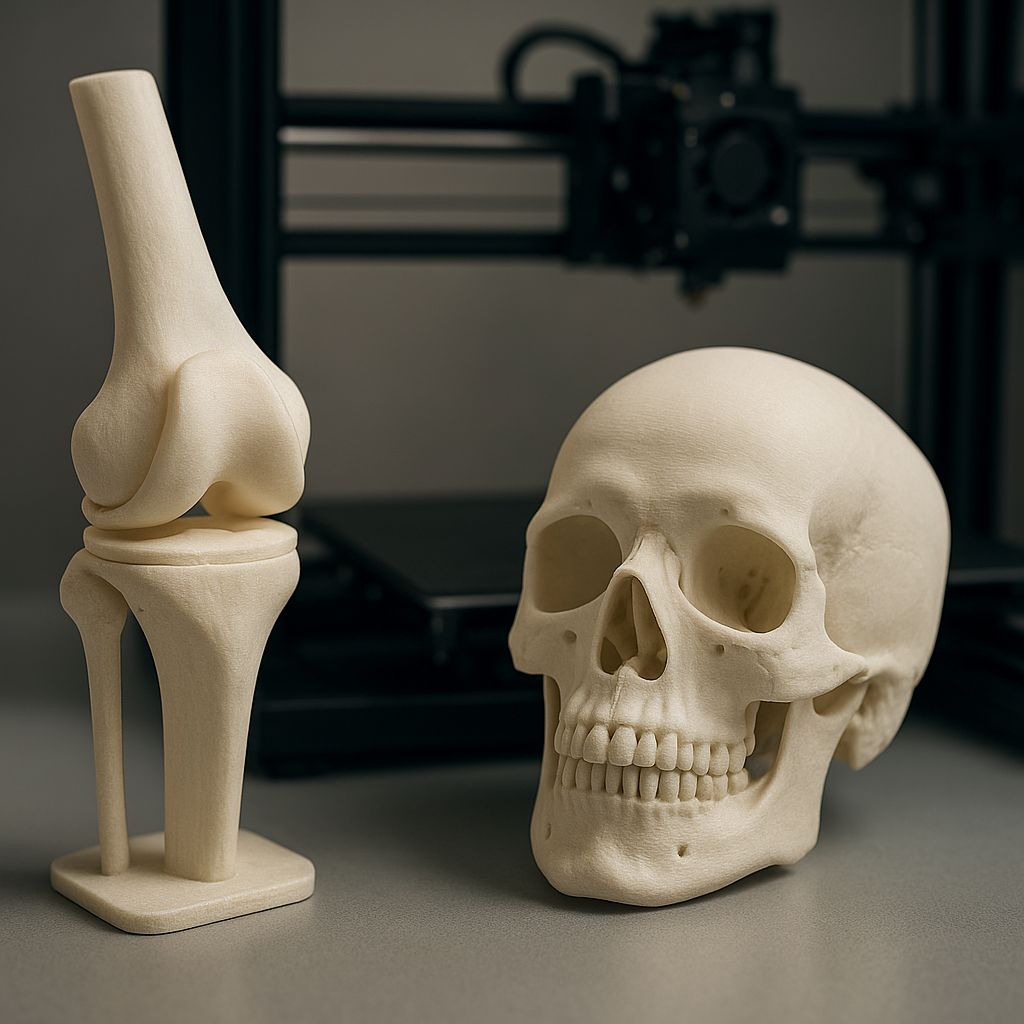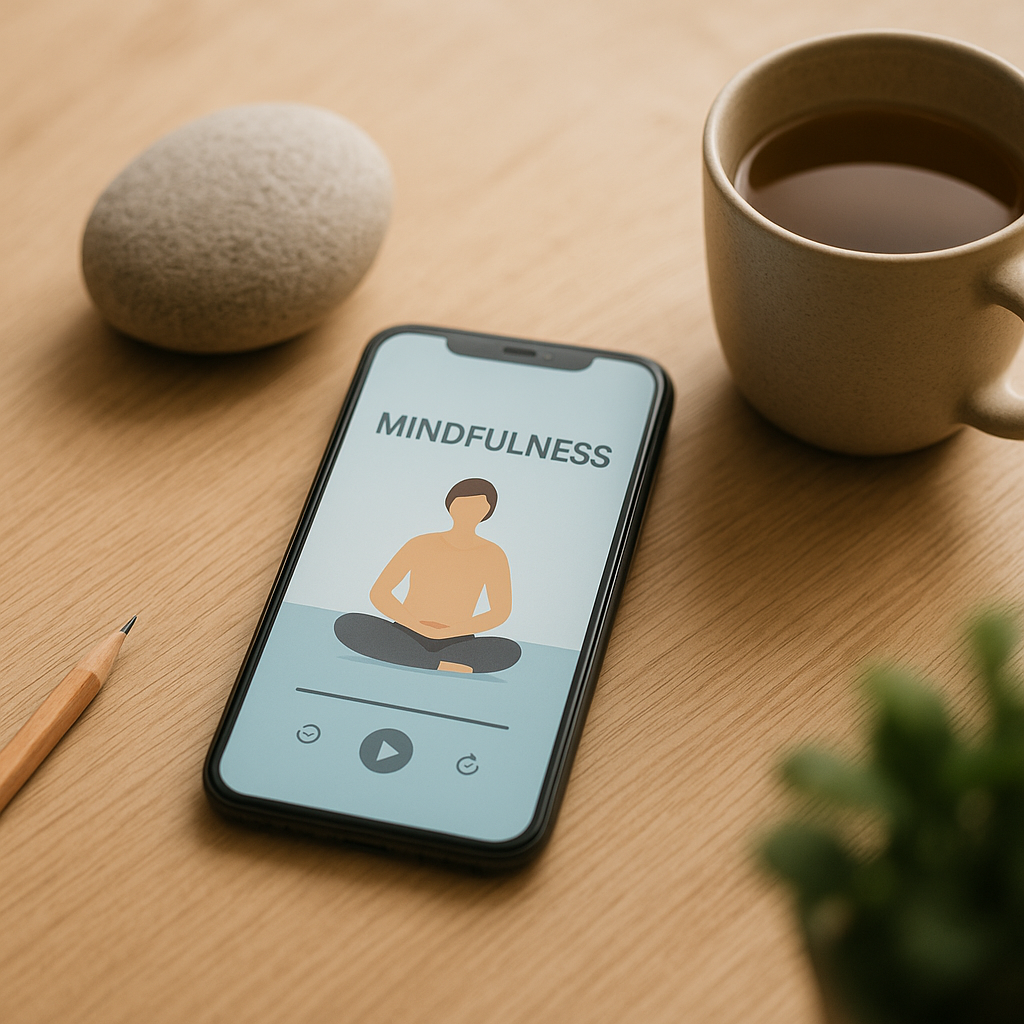As mindfulness gains traction worldwide, its benefits in daily life are becoming increasingly clear. This article delves into how practicing mindfulness can enhance mental well-being, improve focus, and foster overall happiness in individuals.

Understanding Mindfulness
Mindfulness refers to the intentional practice of being present in the moment without judgment. This age-old practice has gained significant popularity in recent years, particularly in Western contexts. It roots can be traced back to Buddhist traditions, where it serves as a core component of meditation.
The Science Behind Mindfulness
Numerous studies have demonstrated the positive effects of mindfulness on mental health. According to research, regular mindfulness practice can:
- Reduce symptoms of anxiety and depression.
- Improve attention span and focus.
- Enhance emotional regulation.
- Lower blood pressure and improve cardiovascular health.
Mindfulness in Daily Life
Incorporating mindfulness into daily routines can be straightforward and beneficial. Here are several ways to practice mindfulness throughout the day:
Simple Techniques to Practice Mindfulness
- Mindful Breathing: Take a few minutes to focus solely on your breath. Inhale deeply, hold, and exhale slowly, observing the sensations of your breathing.
- Mindful Eating: When consuming meals, pay attention to each bite. Notice the flavors, textures, and aromas of your food, allowing each sensation to enhance your dining experience.
- Mindful Walking: While walking, concentrate on the rhythm of your steps and the feeling of your feet touching the ground. Engage with your surroundings by noticing colors, sounds, and scents.
- Mindfulness Meditation: Set aside a specific time each day for meditation. This can involve sitting quietly and observing your thoughts without attachment.
Mindfulness in Professional Settings
Mindfulness is not only beneficial on a personal level; it has also been incorporated into various professional training programs. For instance, recent initiatives at universities like McGill have introduced mindfulness sessions for law students, emphasizing its importance in managing stress and enhancing focus.
“These mindfulness sessions foster resilience and allow students to develop tools to manage the pressures of legal education,” said a program coordinator at McGill.
Benefits in the Workplace
In corporate environments, mindfulness is used to improve productivity and employee satisfaction. Key benefits include:
- Reduced workplace stress and burnout.
- Enhanced teamwork and communication among colleagues.
- Improved decision-making processes.
Mindfulness and Wellness
In terms of health and wellness, mindfulness has shifted its way into everyday wellness practices. Brief audiobooks and guided meditations can be easily accessed, making it possible for individuals to incorporate mindfulness into their commutes or daily routines.
Mindfulness Resources
Consider these quick wellness audiobooks that make mindfulness accessible on the go:
- The Mindful Way Through Depression – A practical guide to using mindfulness techniques to alleviate depression.
- Wherever You Go, There You Are – An introduction to mindfulness meditation.
- The Miracle of Mindfulness – A guide by Thich Nhat Hanh on living fully in the present.
Conclusion: Embracing Mindfulness
With its numerous benefits, mindfulness presents an opportunity for individuals to cultivate a greater sense of peace and connection within themselves and with others. As stressors abound in modern life, integrating mindfulness practices can serve as an effective counterbalance, paving the way for both mental and emotional well-being.
Related Video
For further insights on practicing mindfulness, watch the following video: Understanding Mindfulness.








